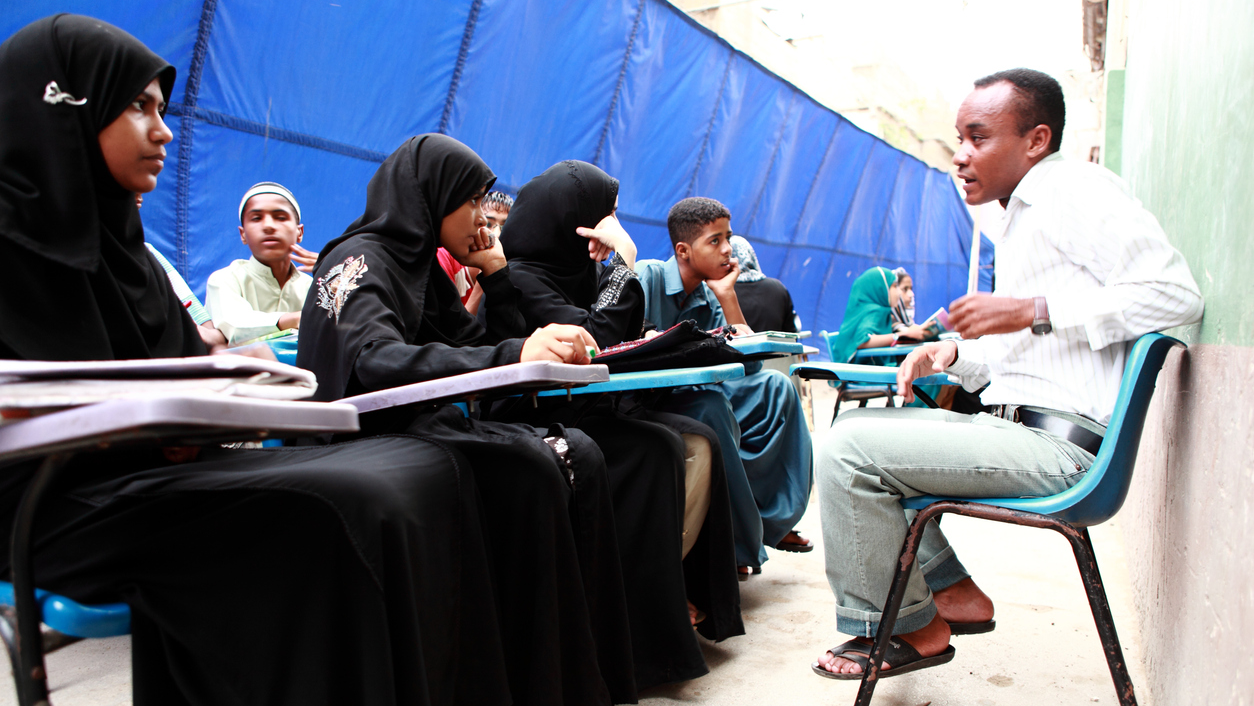Women’s Empowerment Pakistan
The impact of edutainment interventions on male and female social norms, girls' education and early marriage in Pakistan

Objective
The study aims to find out what works best in promoting girls’ education and reducing early marriage in rural Pakistan: targeting attitudinal interventions at men, at women or both.
Description
The study investigates:
1) to what extent information about the benefits of girls’ education and the costs of early marriage changes male and female attitudes among parents and adolescents, and
2) whether, through the bargaining processes between husbands, wives and adolescents, changing norms influence education and marriage outcomes for girls.
We will conduct a cluster-randomized control trial across 200 rural villages in Pakistan, in which an edutainment intervention is targeted at either men and boys, women and girls, or both genders. We use incentivized artefactual field experiments to elicit beliefs, attitudes, beliefs about others’ attitudes (“social norms”) and intra-household bargaining. AIGHD is collaborating on this study with the University of Oxford, Oxfam Novib, Oxfam Pakistan, and two local implementing partners.
Partners
Blavatnik School of Government (University of Oxford)
Oxfam Novib
Funders
DFID (UK Department for International Development) – ESRC (Economic and Social Research Council)
Countries
Pakistan
